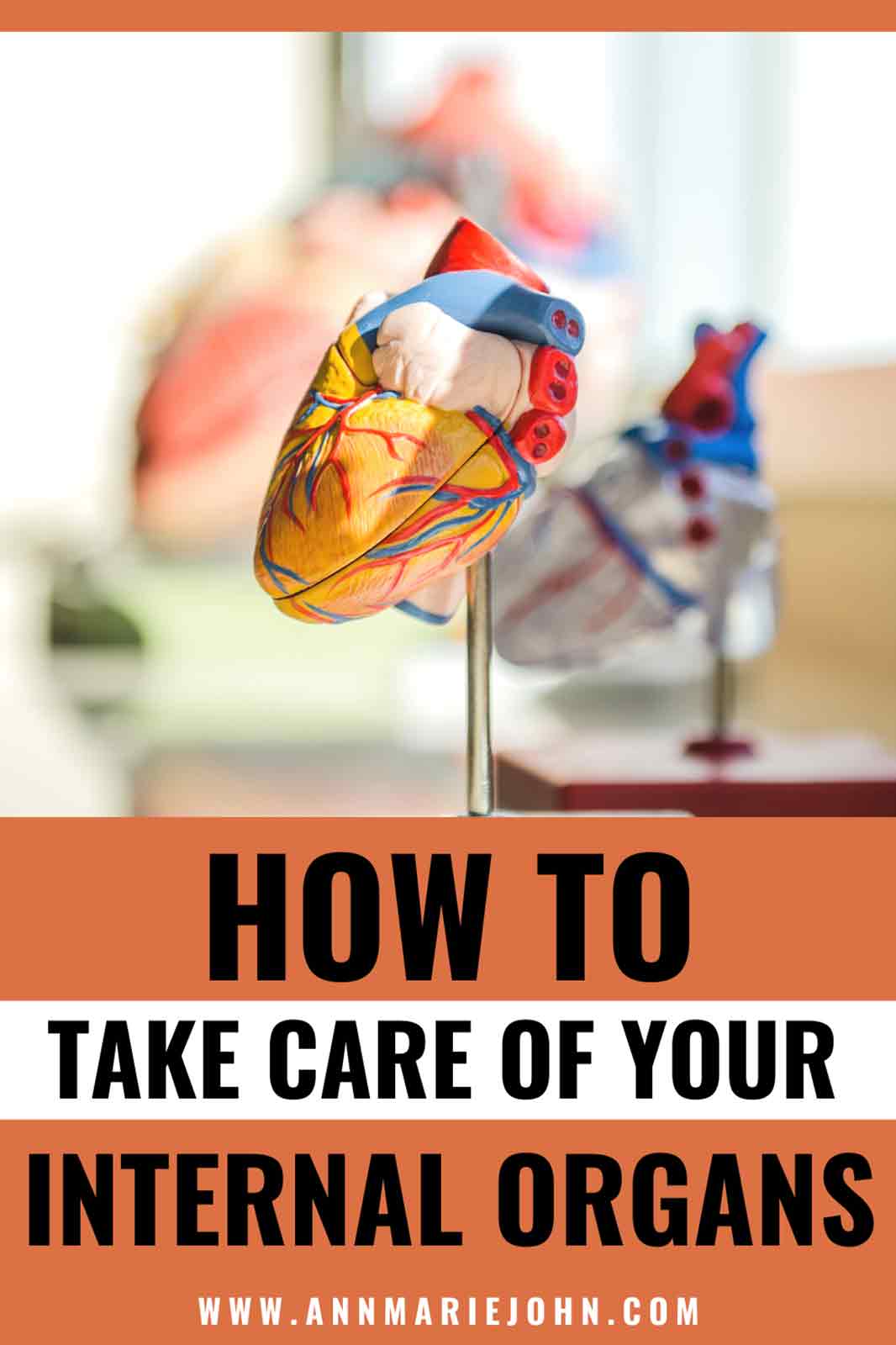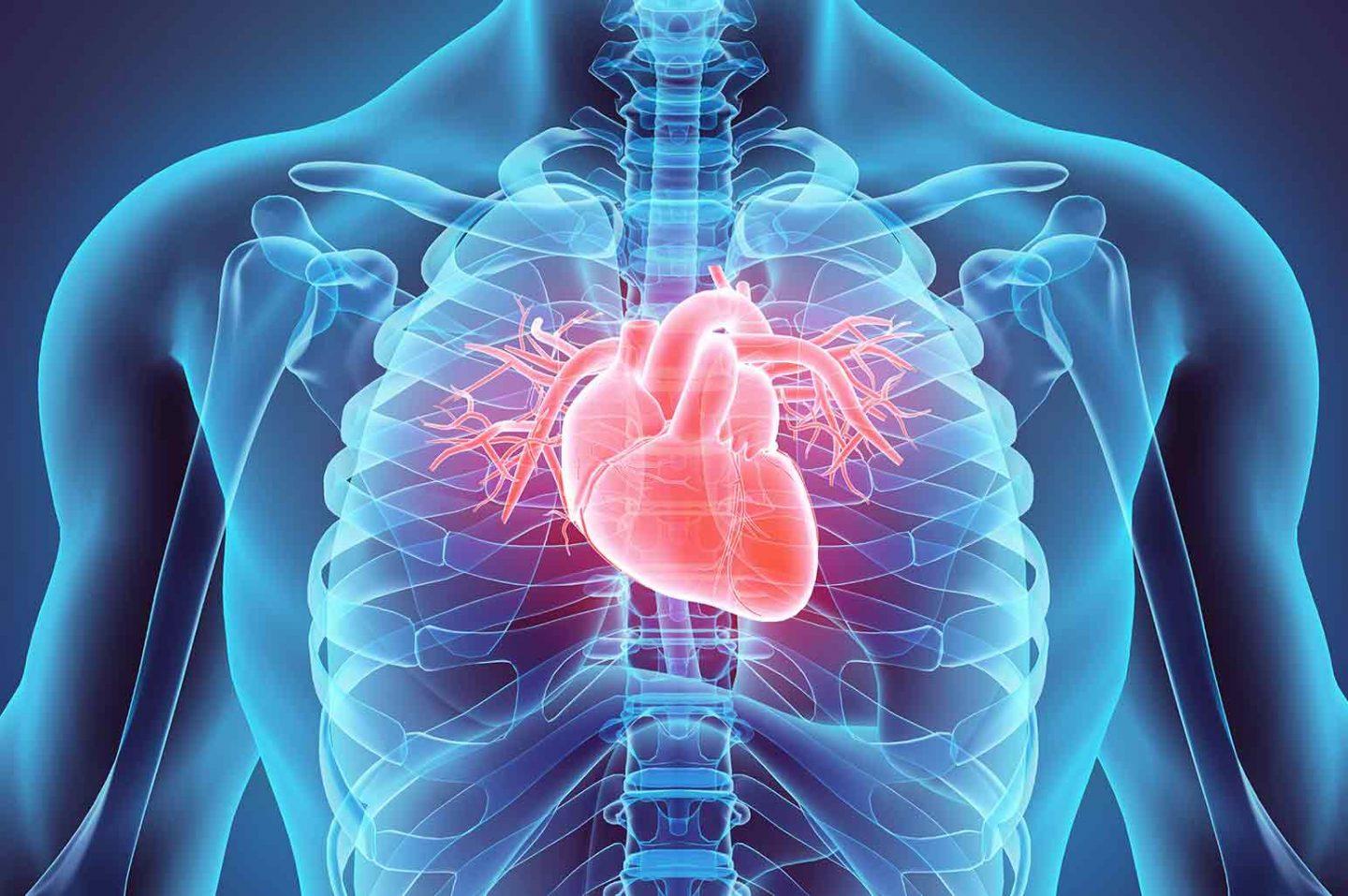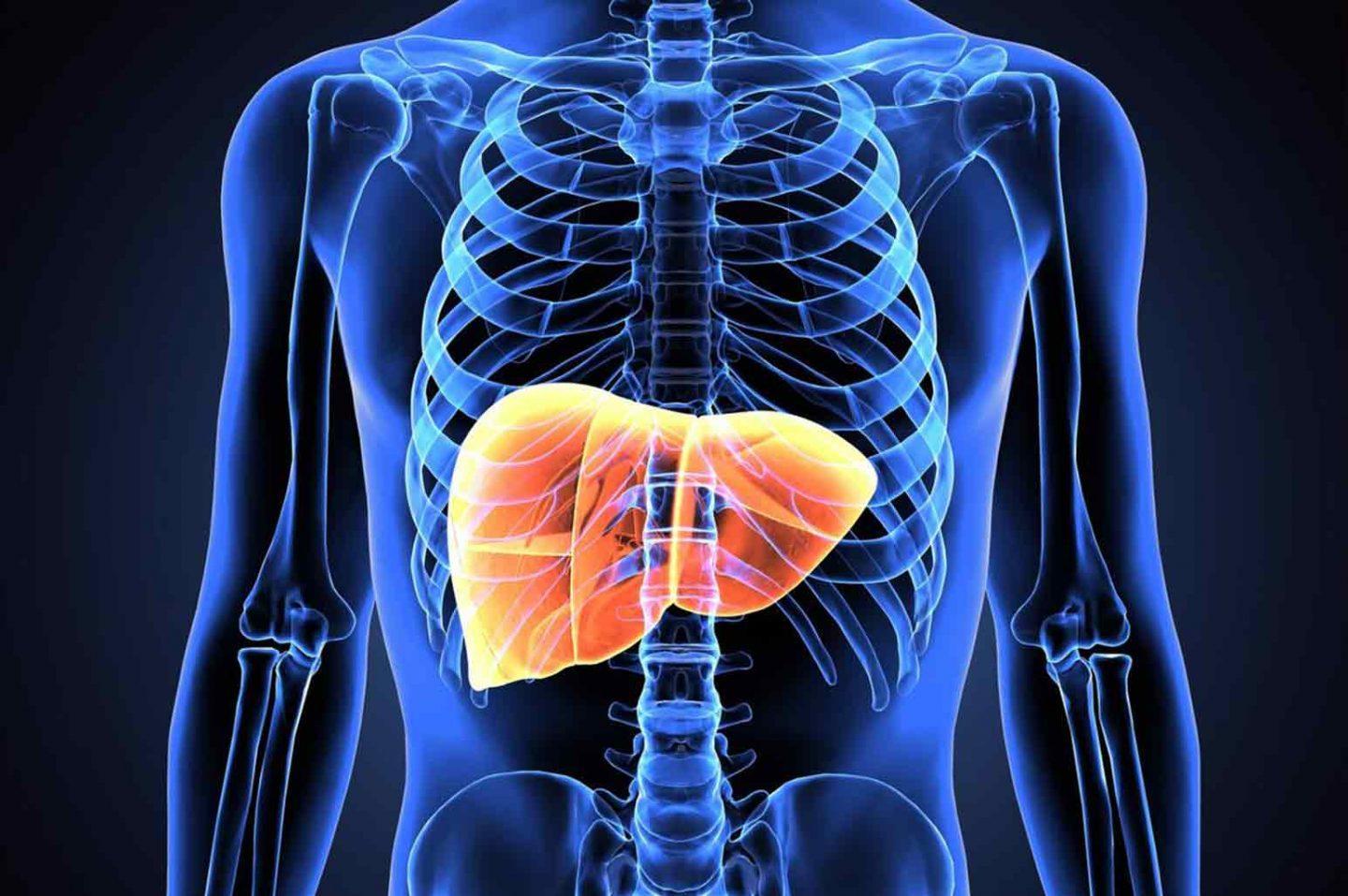
Your body is a combination of internal and external organs that work together to keep you alive and healthy. Your external organs are relatively easier to care for as you can easily detect a problem and address it immediately. On the other hand, your internal organs such as your heart, liver, etc, are simply not visible and can still function for some time when they have medical conditions. This can also be fatal as many internal organ damages aren’t diagnosed until it’s too late to treat them. This is why you should always ensure that they’re in top shape at all times. Here are some of your internal organs that you should pay particular attention to.

- Your brain
Your brain is a vital organ located in the skull, and along with your spinal cord, makes up your central nervous system. It coordinates your body’s activities by processing and interpreting the information it receives from your sensory organs and then redistributes instructions to the rest of the body on how it should handle the data. It’s the most complex organ of your body, as it’s responsible for controlling your behavior, thinking, learning, breathing, and digesting.
Due to its intricate nature, any damage to your brain can be detrimental to your health. Unfortunately, neurological disorder cases have increased globally from 1990-2017, with stroke, Alzheimer’s disease, dementia, and migraine being the three most burdensome disorders associated with aging. This disturbing report is why you should take care of your brain, especially as you age, to prevent degeneration.
You can keep your brain active by exercising regularly, as it decreases your risks of developing Alzheimer’s disease. It also helps increase blood flow into your brain while reversing brain function reduction that accompanies aging. Additionally, you need to get enough sleep daily and eat a balanced diet rich in vitamins B6, B9 (folate), and B12, such as beans, soy, poultry, cereals, etc. You should also engage your brain daily by playing mind-stimulating games such as jigsaw or crossword puzzles, Sudoku, card games, etc. Reading one chapter of your favorite book every day also goes a long way in keeping your brain fit.
- Your kidneys
Your kidneys are bean-like organs located on both sides of your spine, behind your stomach, and below your ribs. They have the critical job of filtering waste and toxins from the blood and controlling your body fluid balance and electrolyte levels daily. These organs’ nature makes it difficult to detect problems early because they take a while to show any signs and symptoms. For instance, you could have only 10% of your kidneys working without knowing that they’re not functioning correctly. As such, you should monitor their condition at all times.
Unresolved kidney issues can lead to fatal health compromise or the destruction of one or both kidneys. It can also expose you to infections because toxins are not being filtered out properly. It’s alarming that over 80 million people in the U.S. are susceptible to kidney diseases, as reported by the National Kidney Foundation. This is a reason why the health of your kidneys should be a priority.
You can reduce your chances of kidney-related complications by drinking lots of water. It helps to clear excess sodium and other harmful substances in your blood while lowering your risks of getting chronic kidney disease. You should also limit your intake of Non-steroidal anti-inflammatory drugs (NSAIDs) and over-the-counter (OTC) medication, as regular consumption can damage the liver significantly. It will be best if you also go for regular check-ups to detect any anomaly in your kidneys.
If you do regularly take medication, it is crucial to do this under the supervision of your physician to minimize the impact that these drugs may have on your kidneys and your general health. You will then be able to discuss What Exactly Is Medication Assisted Treatment? which should answer any questions you have about your medication use and its potential long-term side effects.
- Your heart
Another small yet significant organ of your body is your heart, a muscular organ that is as big as a fist and is located slightly at the left side behind your breastbone. It’s vital for pumping blood throughout your system via a network of veins and arteries referred to as the cardiovascular system.
Your heart is divided into four chambers, each with unique functions. The right atrium collects blood from the vein and pumps it into the right ventricle, which sends it to the lungs to be loaded with oxygen. The left atrium receives the oxygen-rich blood and passes it to the left ventricle, which distributes it to the rest of the body. The left ventricle is regarded as the most robust chamber, and its contractions create your blood pressure.
Just like your brain, your heart performs life-sustaining functions, and any disorder can compromise its effectiveness, putting your health at risk. Research by American Heart Association states that Cardiovascular Disease (CVD) is the leading cause of global deaths, causing nearly 18.6 million deaths in 2019. Additionally, Coronary Heart Disease (CHD) and sudden cardiac arrest are common causes of CVD. Therefore, you must ensure that your heart is strong and healthy to prevent the onset of these CVDs.
You can keep your heart fit by eating foods rich in B-vitamins, Omega-3 fatty acids, and magnesium, such as avocados, nuts, berries, whole grains, beans, soy, etc. Also, you need to maintain and shed unnecessary weight, as a high waist circumference indicates high levels of intra-abdominal fat and can increase your risk of contracting cardiovascular diseases. You should incorporate about 2.5 hours of vigorous exercise weekly to improve your blood pressure and cholesterol levels. It will also help if you avoid alcohol and hard drugs and get your blood pressure and sugar levels checked regularly.

- Your lungs
Your lungs are a pair of spongy air-filled organs located on both sides of your thorax and are responsible for your respiratory processes. They absorb air from the atmosphere and pass oxygen into the bloodstream, enabling it to get to every part of the body. They’re also responsible for regulating your body’s acidity level and are instrumental to your well-being; it’s essential to treat them right. According to the Center for Disease Control and Prevention (CDC), 9 million Americans have been diagnosed with chronic bronchitis, while 65 million people suffer from Chronic Obstructive Pulmonary Disease (COPD) worldwide.
You can avoid being part of the statistics by paying attention to your lungs. It would help if you stayed away from smoking tobacco or inhaling harmful pollutants, as they stress your lungs and alter their appearance. It will help if you also work out regularly to breathe harder, as this activity allows your lungs to supply more oxygen to your muscles and other parts of your body. Besides, try hard to avoid infections by drinking water regularly and eating foods rich in vitamins A, E, C, D, magnesium, and calcium. You can also support your lungs with herbs as they help prevent lung infections.
- Your digestive system
Your digestive system consists of your mouth, esophagus, stomach, small and large intestines, rectum, and anus. It’s also supported by your pancreas, gallbladder, and liver. They’re responsible for breaking food down into smaller molecules, extracting and absorbing the nutrients that your body uses for energy, cell repair, and growth. They also help to pass out the waste that comes after the digestion process is complete. The digestion process is crucial for your body’s survival because food has to be transformed into smaller bits before it can be absorbed; hence keeping your digestive system in top shape is necessary.
Irrespective of its importance, many people tend to avoid taking care of this system, which can cause digestive diseases. According to research by the National Institute of Diabetes and Digestive and Kidney Diseases, 60-70 million Americans suffer from all types of gastrointestinal disorders, which is alarming. Irritable bowel syndrome, hemorrhoids, rectal prolapse, gallstones, heartburn, cancer, etc., are all conditions that can be prevented when you keep your digestive system in top condition.
You can take care of your system by consuming foods high in soluble fiber, such as fruits, vegetables, whole grains, and legumes. They make digestion run smoothly and prevent diseases such as Irritable Bowel Syndrome, Diverticulosis, and hemorrhoids. It’s best to avoid foods with high-fat contents and eat lots of lean meat and probiotics. Also, it will help if you take lots of water and other healthy fluids.
- Your liver
Your liver is a large, fleshy organ located on the right side of your body. It’s responsible for purifying blood from the digestive system before distributing it to the rest of the body. It detoxifies chemicals, makes proteins accountable for blood coagulating, and metabolizes drugs to be used by your body. It also stores Vitamins B12, A, D, K, iron, and folic acid needed for your body to grow properly. This is why you should always look out for your liver’s health and avoid practices that could jeopardize its functions.
For example, smoking replaces your liver’s cells with scar tissues that significantly reduce its functions. Also, excess fat could result in Non- Alcoholic Fatty Liver Disease that can develop into liver cancer. Sadly, about 31,000 people die from liver cancer annually, and 13,000 people in the U.S alone are awaiting a liver transplant. You can avoid liver cancer and other related diseases by eating a balanced meal and taking in lots of water and healthy fluids. You should also limit your alcohol and medication intake, as they can hurt your liver. It will be best if you also exercise regularly to reduce the cholesterol level in your body.

Your internal organs are crucial to your survival, and you must take care of them like your external organs too. Following the tips listed above will help promote your health and increase your lifespan.

